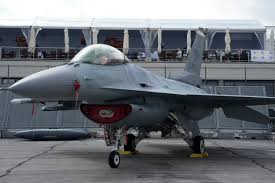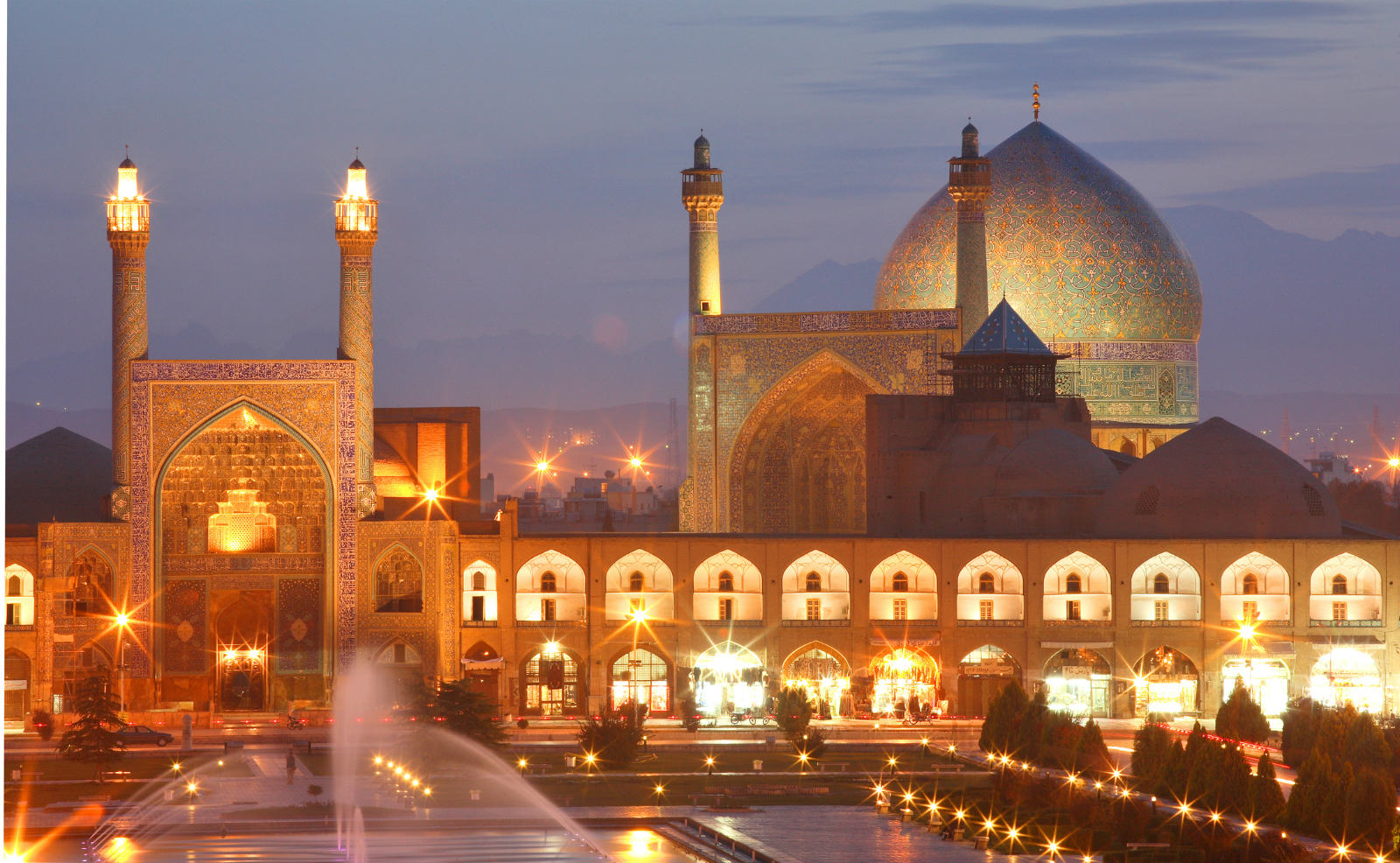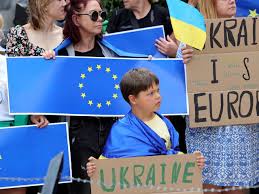
Introduction
The conflict between Russia and Ukraine has escalated into one of the most significant geopolitical crises of the 21st century. Since the annexation of Crimea in 2014 and the subsequent war in Eastern Ukraine, tensions have soared, attracting global attention and resulting in widespread humanitarian concerns. The ongoing situation matters not only for the countries involved but also for international stability and security, making it a key area of focus for political analysts and world leaders alike.
Recent Developments
As of October 2023, the conflict remains unresolved, despite numerous attempts at negotiation. The frontline continues to witness intense skirmishes, and civilian casualties have been reported. The Ukrainian military has made significant advancements in reclaiming territories, particularly in the eastern regions. Recent reports indicate that Ukraine has successfully launched counter-offensives, forcing the Russian forces to retreat from several strategic positions.
On the diplomatic front, the United States and European Union have maintained sanctions against Russia, aimed at crippling its economy and pressuring its leadership. Recent meetings among NATO members have reaffirmed support for Ukraine, further isolating Russia on the international stage. In response, Russian officials have increased their rhetoric, warning of dire consequences and reaffirming their claims over disputed territories.
Humanitarian Impact
The war has resulted in a humanitarian crisis, with millions of Ukrainians displaced and in need of assistance. According to the United Nations, over 8 million people have been forced to flee their homes, while millions more are in need of humanitarian aid within Ukraine. International organisations are faced with the difficult task of delivering essential services amidst the ongoing conflict, compounded by logistical challenges and safety concerns.
Conclusion
The Russian Ukraine conflict remains a fluid and alarming situation with implications that reach far beyond the borders of the two nations. The capacity for further escalation poses a constant threat to regional stability and has led to a re-examination of security strategies by NATO and other international bodies. As global leaders continue to navigate this crisis, the hope remains that diplomatic efforts could pave the way for a lasting resolution. For readers, it is crucial to stay informed about this evolving saga, as its outcomes could reshape the geopolitical landscape for years to come.
You may also like

Key Developments and Current Events in Iran


An Overview of the Ongoing Situation in Ukraine
SEARCH
LAST NEWS
- Remembering Wendy Richard: The Promise to Co-Star Natalie Cassidy
- How Did Anglian Water Achieve an ‘Essentials’ Rating for Mental Health Accessibility?
- Shai Hope Leads West Indies in T20 World Cup Clash Against South Africa
- What We Know About Weston McKennie: Future at Juventus and Past at Leeds
- What We Know About the Upcoming Live Nation Antitrust Trial